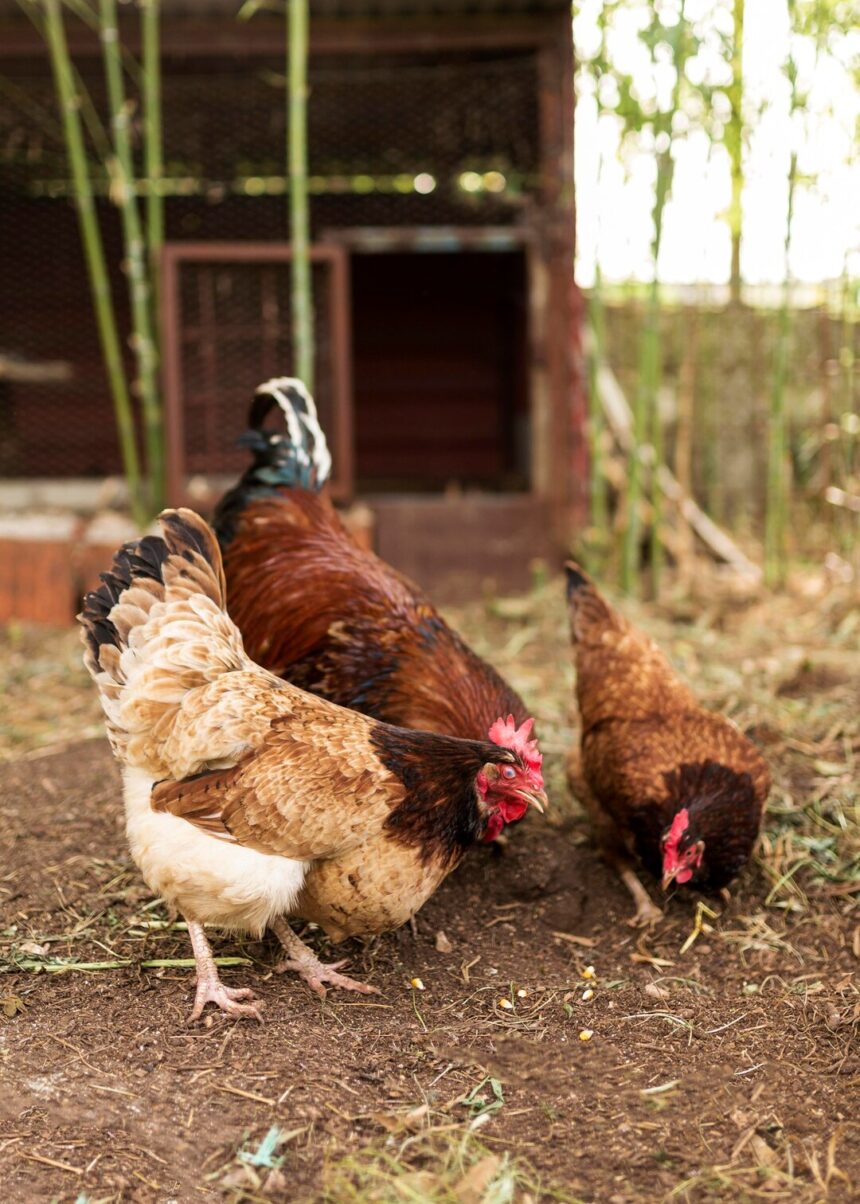Leghorn chickens are renowned for their prolific egg-laying capabilities, hardiness, and adaptability to various climates. Originating from Italy, Leghorns have become popular among poultry farmers worldwide, including South Africa, where they play a significant role in egg production. In this article, we’ll explore ten crucial insights into breeding Leghorn chickens in South Africa, examining their unique characteristics, management practices, and the benefits they offer to poultry producers.
- Historical Background:
Leghorn chickens trace their origins to the Italian port city of Livorno (formerly Leghorn), where they were first bred in the 19th century. Known for their exceptional egg-laying abilities, Leghorns quickly gained popularity among poultry farmers and became one of the most widely distributed chicken breeds globally. - Distinctive Characteristics:
Leghorn chickens are characterized by their sleek, slender build, with clean white feathers and bright red combs and wattles. They are renowned for their prolific egg-laying capabilities, with hens capable of producing upwards of 250-300 large white eggs per year, making them one of the most efficient egg-laying breeds. - Adaptability to Environmental Conditions:
Leghorn chickens are highly adaptable to various environmental conditions, thriving in both temperate and subtropical climates. Their hardy nature and heat tolerance make them well-suited for outdoor production systems prevalent in South Africa, where they can forage and roam freely. - Egg Production:
Egg production is the primary focus of Leghorn chicken farming in South Africa. Leghorn hens are prolific layers, known for their ability to consistently produce large, high-quality eggs year-round. Their efficient feed conversion ratio and early maturity make them economically viable for commercial egg production operations. - Breeding Programs and Genetics:
Selective breeding programs have been instrumental in improving Leghorn genetics, focusing on enhancing egg production, feed efficiency, and overall flock health. Breeding strategies aim to produce birds with desirable traits while maintaining genetic diversity and adaptability to local conditions. - Housing and Management:
Effective housing and management practices are essential for optimizing Leghorn chicken productivity and well-being. Providing adequate shelter, ventilation, and access to clean water and nutritious feed is critical for maintaining flock health and maximizing egg production. - Nutrition and Feed Requirements:
Proper nutrition is essential for supporting the high egg-laying performance of Leghorn chickens. A balanced diet rich in protein, vitamins, and minerals is necessary to meet their nutritional needs and sustain optimal egg production levels. Commercially formulated layer feeds are commonly used to ensure that hens receive the nutrients they require for egg production. - Health and Disease Management:
Proactive health and disease management protocols are essential for maintaining the well-being of Leghorn chicken flocks. Vaccinations, biosecurity measures, and regular veterinary care help prevent common poultry diseases and maintain flock health and productivity. - Reproductive Efficiency:
Leghorn chickens exhibit excellent reproductive efficiency, with hens typically reaching sexual maturity at a young age and producing large clutches of eggs. Breeding programs focus on optimizing fertility rates, hatchability, and chick quality to ensure the long-term sustainability of Leghorn chicken production. - Market Demand and Economic Viability:
The high egg-laying performance and efficiency of Leghorn chickens make them economically viable for commercial egg production operations in South Africa. With growing demand for high-quality eggs, Leghorn farming presents lucrative opportunities for poultry producers seeking to capitalize on the thriving egg market.
Breeding and farming Leghorn chickens in South Africa offer a host of benefits, from prolific egg production to economic viability and adaptability to local conditions. By leveraging the breed’s unique characteristics and implementing sound management practices, poultry producers can harness the full potential of Leghorn chicken farming, contributing to food security, rural development, and economic growth in South Africa.







